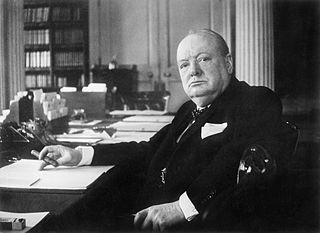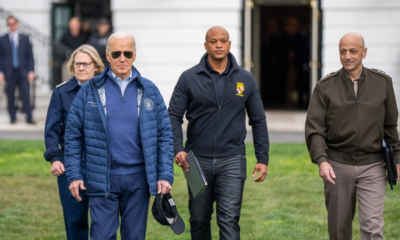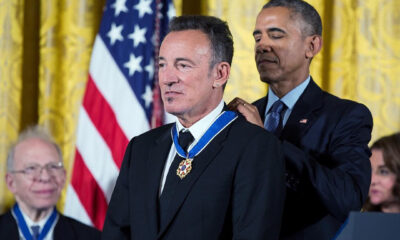Executive
Statesman v politician – the true test

The test of a statesman is to make what is distant or vague appear near and vivid. This test is more difficult in democratic societies whose people tend to be preoccupied with immediate gratification of desires.
Politicians and their image
It is in democratic societies where one can most readily distinguish between the statesman and the politician. The politician is preoccupied with public opinion or with his image – and of course with the next election. This not only diminishes his vision or foresight, but even his patriotism, where love of country should prevail over personal ambition or egoism.
Alexander Hamilton enlarges on this subject in the Federalist Papers – numbers 71-73 – among the greatest essays on statesmanship, but whose wisdom is conspicuous by its absence in Israel, and which I attribute primarily to its poverty in the teaching of normative or classical political science.
The failure to promptly and vividly making a distant danger appear near, that is, before it strikes ordinary citizens in the face, will lead to greater loss of life and property to overcome this danger, if not a nation’s very existence. Politicians in democratic societies prefer a policy of procrastination and appeasement. Enough to recall (1) how this policy, adopted by timid and short-sighted politicians, led to the Second World War, and (2) how England’s left-wing intelligentsia called Winston Churchill a “war-monger” by his warnings about Nazi Germany’s imperialistic ambitions.
An example of a statesman
Israel’s admittedly precarious situation does not negate the preceding argument. To the contrary, it only demands more courageous and wiser statesmen. It also requires a better informed public opinion; but this too requires statesmen, and not politicians, whose oratory and demagoguery disarms humble citizens by reinforcing their peace-loving or commonplace tendencies.
I conclude with these words from the first volume of Churchill’s history of the Second World War, The Gathering Storm:
It is my purpose … first to show how easily the tragedy of the Second World War could have been prevented; how the malice of the wicked was reinforced by the weakness of the virtuous; how the structure and habits of democratic states … lack those elements of persistence and conviction which can alone give security to humble masses; how even in matters of self-preservation, no policy is pursued for even ten or fifteen years at a time. We shall see how the counsels of prudence and restraint may become the prime agency of mortal danger; how the middle course adopted from desires for safety and a quiet life may be found to lead direct to the bull’s-eye of disaster.
-

 Accountability2 days ago
Accountability2 days agoWaste of the Day: Principal Bought Lobster with School Funds
-

 Constitution2 days ago
Constitution2 days agoTrump, Canada, and the Constitutional Problem Beneath the Bridge
-

 Executive24 hours ago
Executive24 hours agoHow Relaxed COVID-Era Rules Fueled Minnesota’s Biggest Scam
-

 Civilization23 hours ago
Civilization23 hours agoThe End of Purple States and Competitive Districts
-

 Civilization5 days ago
Civilization5 days agoThe devil is in the details
-

 Executive4 days ago
Executive4 days agoTwo New Books Bash Covid Failures
-

 Civilization4 days ago
Civilization4 days agoThe Conundrum of President Donald J. Trump
-

 Executive4 days ago
Executive4 days agoThe Israeli Lesson Democrats Ignore at Their Peril







